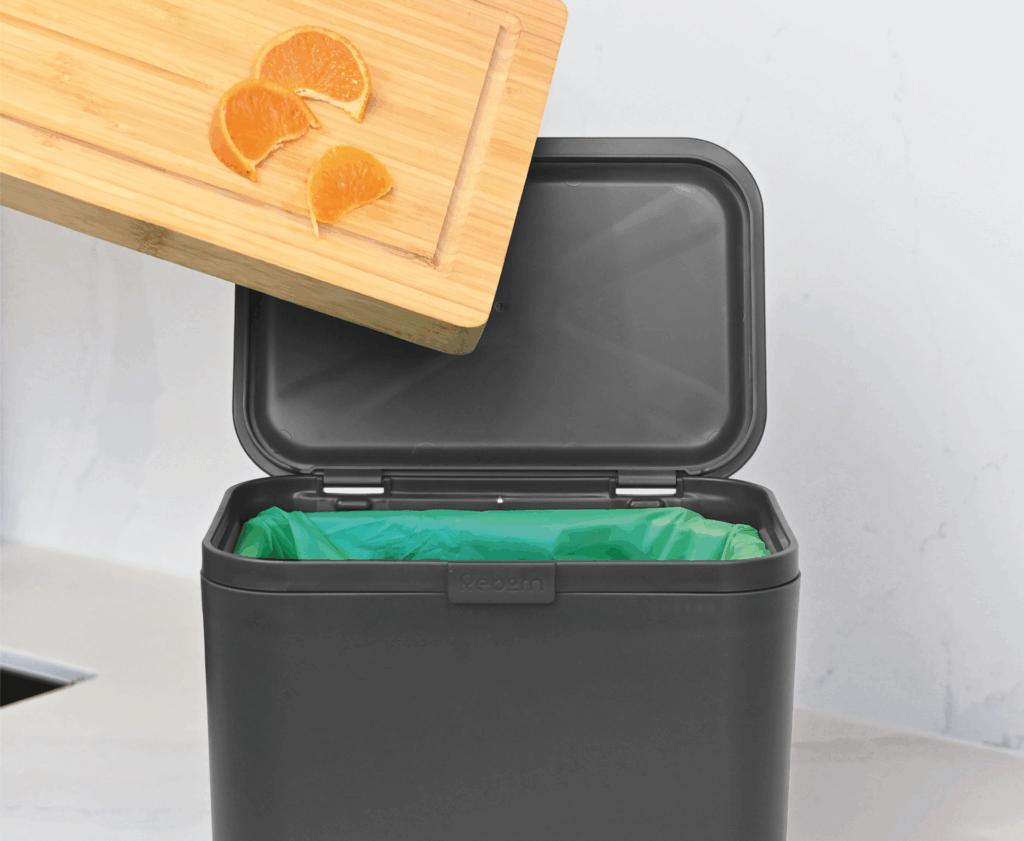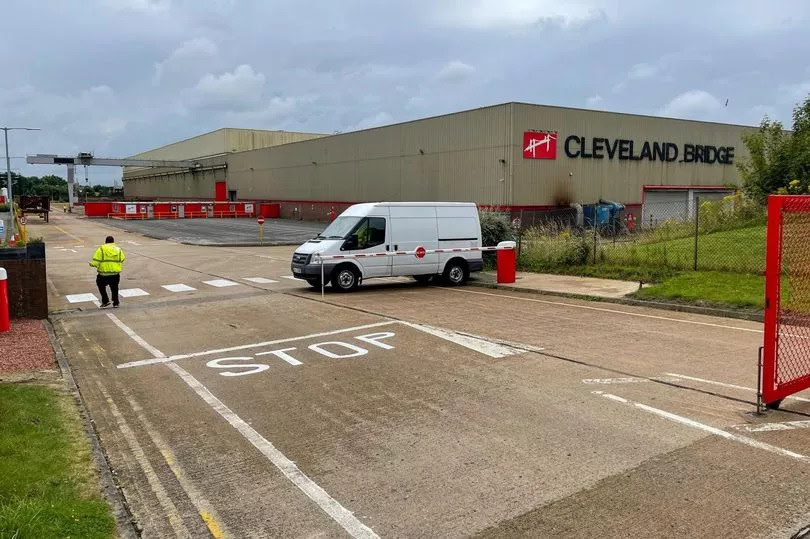That is the conclusion of new research carried out by Recoup on behalf of Recycling Action Yorkshire, part of the development agency Yorkshire Forward.
” Household collection of plastics, primarily bottles and milk cartons, has clear potential for improvement “
– Andrew Hartley, RAY
The report found that there is “significant” scope to expand recycling in the region, and it suggests that running alternate weekly collections may be an effective way to improve the economics of collecting plastics.
The RAY report said demand is available to reprocess any plastics collected locally, since some domestic reprocessors are currently having to import material.
There are 18 reprocessors in Yorkshire reprocessing around 59,000 tonnes each year. But only a small amount of this material is sourced from Yorkshire and Humber, with the majority brought in from around the UK and mainland Europe.
Andrew Hartley, programme director of RAY, said: “The research found that the main limiting factor, given the relative availability of both MRFs and reprocessor demands, is insufficient plastic collections. Household collection of plastics, primarily bottles and milk cartons, has clear potential for improvement. One of the main opportunities for this is through the extension of kerbside.”
Kerbside
According to the report eight of the 22 local authorities in the region currently offer a kerbside plastics recycling service to 740,000 (34%) households in Yorkshire and Humber. They collect 4,160 tonnes of plastic bottles.
The 11 MRFs in the area handle around 9,000 tonnes of plastic each, and are beginning to deal with more commercial plastic including films, bottles, pots and trays.
Of the facilities only one – WRG's plant in Hull – has polymer separating capabilities, but this plant is not using the equipment because of the strength of the overseas market for mixed plastic bottles.
Regarding collection of plastics, the report states: “One of the main factors that influence the implementation or expansion of a plastic bottle recycling scheme is the perceived costs associated with the collection and handling of a lightweight, high volume material.
“The introduction of an alternate weekly collection system could significantly reduce the costs associated with the collection of recyclables from households in the region,” it said.
| Related links: |
Many of the MRF operators and reprocessors surveyed were critical of the businesses in the area and their lack of interest in disposing of waste in a sustainable way. Reprocessors felt that more could be done to educate and encourage businesses in the region to recycle more of their waste.
Reprocessors also expressed concern that local authorities and MRF operators are selling plastic bottles in mixed bale format to export markets, due to the expense of sorting in the UK.









Subscribe for free